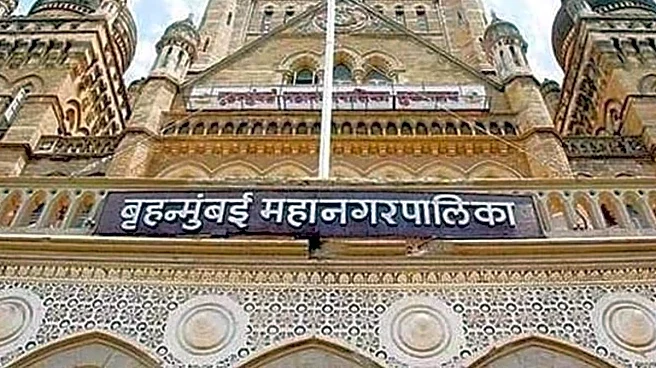The government has begun discussions with the insurance regulator, industry executives, and hospital groups on ways to rein in surging health insurance premiums, as rising medical costs and uneven claim
settlements strain the system, according to a report by The Economic Times.
Officials are evaluating measures such as capping premiums, limiting agent commissions, and tightening disclosure norms, the report said. Some of these proposals have already been shared with the Insurance Regulatory and Development Authority of India (Irda) for review.
The government is also pushing for deeper coordination through the National Health Claims Exchange to digitise and streamline the settlement process, while monitoring whether insurers are passing on the benefits of the recent goods and services tax (GST) reductions to policyholders.
Monitoring Lower Payouts
“Some of these suggestions have been shared with Irda, and the regulator will take a final call,” a government official told ET. The GST Council had in September reduced taxes on various goods and services, bringing GST on individual health insurance premiums down to zero.
Irda has raised concerns over persistent gaps in the health insurance market, including instances where claim payouts are lower than expected. Earlier this month, Irda chief Ajay Seth reiterated that the regulator is closely tracking settlement amounts. Another official told ET that Irda may also review commission structures—currently part of insurers’ management expenses—and consider tightening the norms. Irda recently capped annual premium hikes for senior citizens after observing steep increases in some policies.
Agent commissions fall under expenses of management, where the limit for stand-alone health insurers is 35% of gross written premium. New health insurance policies typically offer commissions of up to 20% on premiums, and up to 10% on renewals. Irda did not respond to queries, ET reported.
The discussions come as the sector faces mounting pressures, with insurers citing rising medical inflation, inconsistent billing practices, and the adoption of high-cost medical technologies. Hospital groups, however, argue that their margins remain thin compared to insurers. The finance ministry recently met insurance and hospital representatives, urging them to collaborate on reducing costs and increasing transparency as the government considers potential interventions in pricing and claims processes.
According to Aon’s Global Medical Trend Rates Report 2025, medical inflation in India is expected to rise to 11.5% in 2026, higher than the global average medical trend rate of 9.8%.


/images/ppid_a911dc6a-image-17710264327998831.webp)

/images/ppid_a911dc6a-image-177102646607765106.webp)








